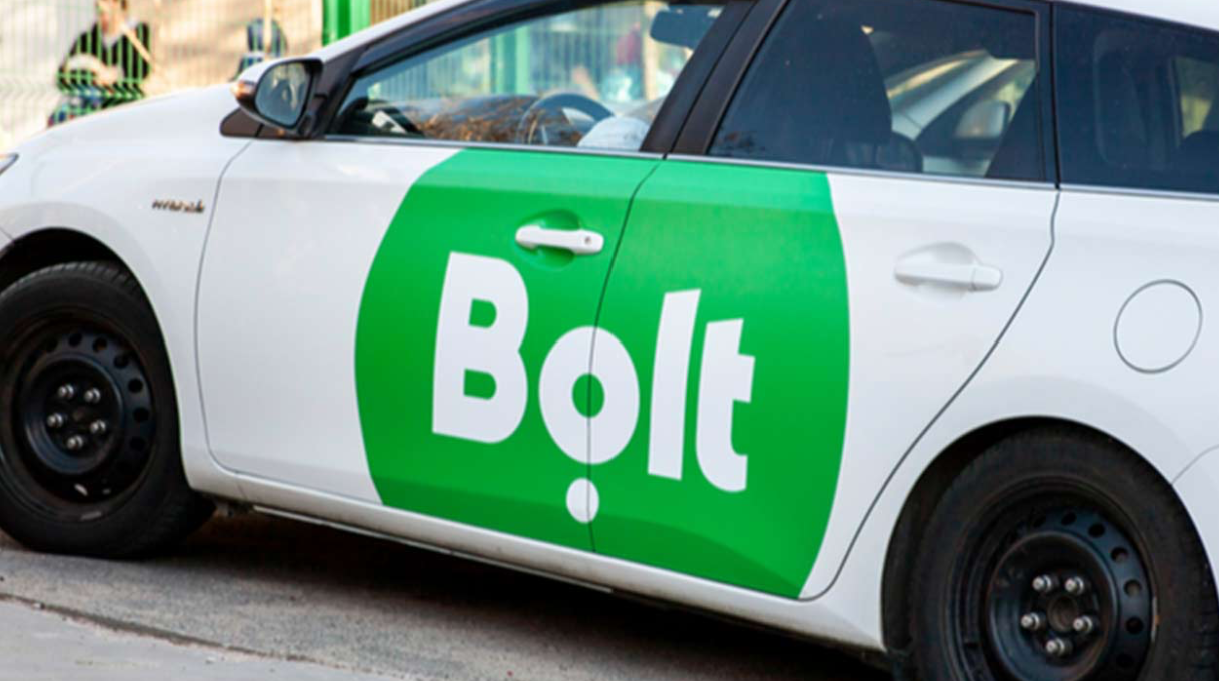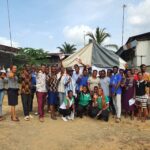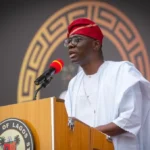Claim: A TikTok user shared a video of Elon Musk suggesting he tried to intervene in the recent South Africa-Nigeria Bolt dispute.
Verdict: DUBAWA’s investigation confirmed that the video is a deepfake and falsely attributes statements to Elon Musk.
Full Text
The recent Bolt saga between Nigeria and South Africa has brought attention to an unusual digital conflict that has escalated beyond social media. It began in August 2024 when Chidinma Adetshina, a former Miss South Africa contestant, withdrew from the Miss South Africa pageant due to backlash over her decision to represent Nigeria in the Miss Universe competition. This incident triggered a wave of online tension between the two countries, which soon spilled over into the ride-hailing sector.
South Africans began placing and cancelling rides with Nigerian Bolt and Uber drivers, leaving them stranded and causing disruptions. Nigerians mirrored the tactic in retaliation, leading to widespread cancellations in South Africa. This back-and-forth created chaos for ride-hailing services in both nations, with drivers bearing the brunt of the prank war.
Following this trend, a TikTok user @officialdahlilphem shared a video featuring Elon Musk commenting on the Bolt dispute between Nigeria and South Africa.
In the video, Musk appears to say: “If I were to say something concerning this complicated issue going on with Nigeria and South Africa, South Africa needs to apologise to Nigerians. Everyone knows Nigeria has a lot of scammers; please be warned.”
Mufunwa commented: “Everyone knows that Nigerians have lots of scammers.”
Omice. O said: “That is an insult to Nigeria; we will never stop.”
Lolo Confidence Prince Nwadadd added: “Seriously, this is getting out of hand. South Africans have pushed a lot of people in this case.”
When DUBAWA viewed the post, it had 14,000 likes, 503 comments, 839 bookmarks, and 619 shares.
The video’s odd nature, combined with Musk’s unusual speech pattern and several comments from viewers questioning its authenticity, prompted DUBAWA to investigate the claim’s veracity.
Verification
DUBAWA used deepware.ai to scan the video, and the results indicated that the video was not genuine. The tool provided a detailed percentage breakdown of the video’s authenticity level: Deepware at 57%, Saferbekov at 76%, and Ensemble at 69%. These sub-tools, employed by deepware.ai to assess the likelihood of a video being fabricated, collectively suggest that the video is a Deepfake—a fabricated video featuring the likeness and voice of Elon Musk.
Further investigation involved WeVerify, an AI forensic tool that dissected the video into keyframes and performed an image forensic analysis. The results provided conclusive evidence that the video was fabricated, displaying AI-generated features and lacking a natural human silhouette.
In addition, using Google Lens, DUBAWA traced the source of the fabricated video narrative to a YouTube clip where Elon Musk is interviewed about accelerating sustainability. The real footage discusses transitioning an economy from fossil fuels to sustainable energy, and nowhere in the video are Nigeria or South Africa mentioned. See the clip here.
Conclusion
DUBAWA’s investigation reveals that the video is a deepfake, forged to spread misleading information about Elon Musk’s involvement in the recent Uber trend between Nigeria and South Africa.
The researcher produced this fact-check per the DUBAWA 2024 Kwame KariKari Fellowship, in partnership with Prime Progress, to facilitate the ethos of “truth” in journalism and enhance media literacy in the country.
A TikTok video falsely claims that Elon Musk commented on the recent ride-hailing dispute between Nigeria and South Africa. The conflict originally began when Chidinma Adetshina withdrew from the Miss South Africa pageant, prompting backlash and a prank war in the ride-hailing sector, with users from both countries canceling rides.
DUBAWA, a fact-checking organization, investigated the TikTok video and confirmed it as a deepfake using tools like deepware.ai and WeVerify, which detected AI-generated anomalies. Further research traced the source to an interview where Musk discussed sustainability, not the Nigeria-South Africa issue. The video was conclusively deemed a fabricated attempt to mislead viewers about Musk's involvement.






